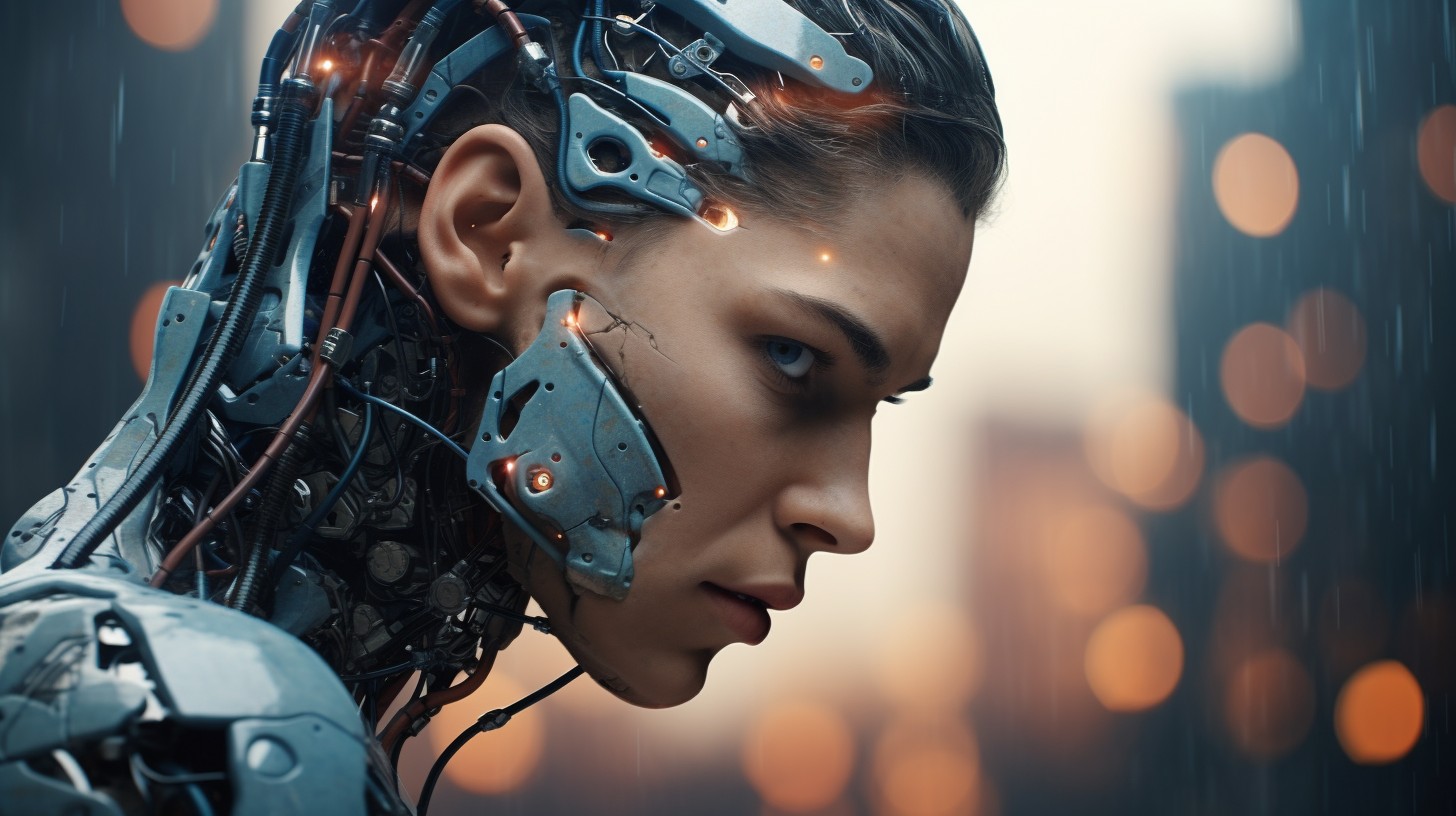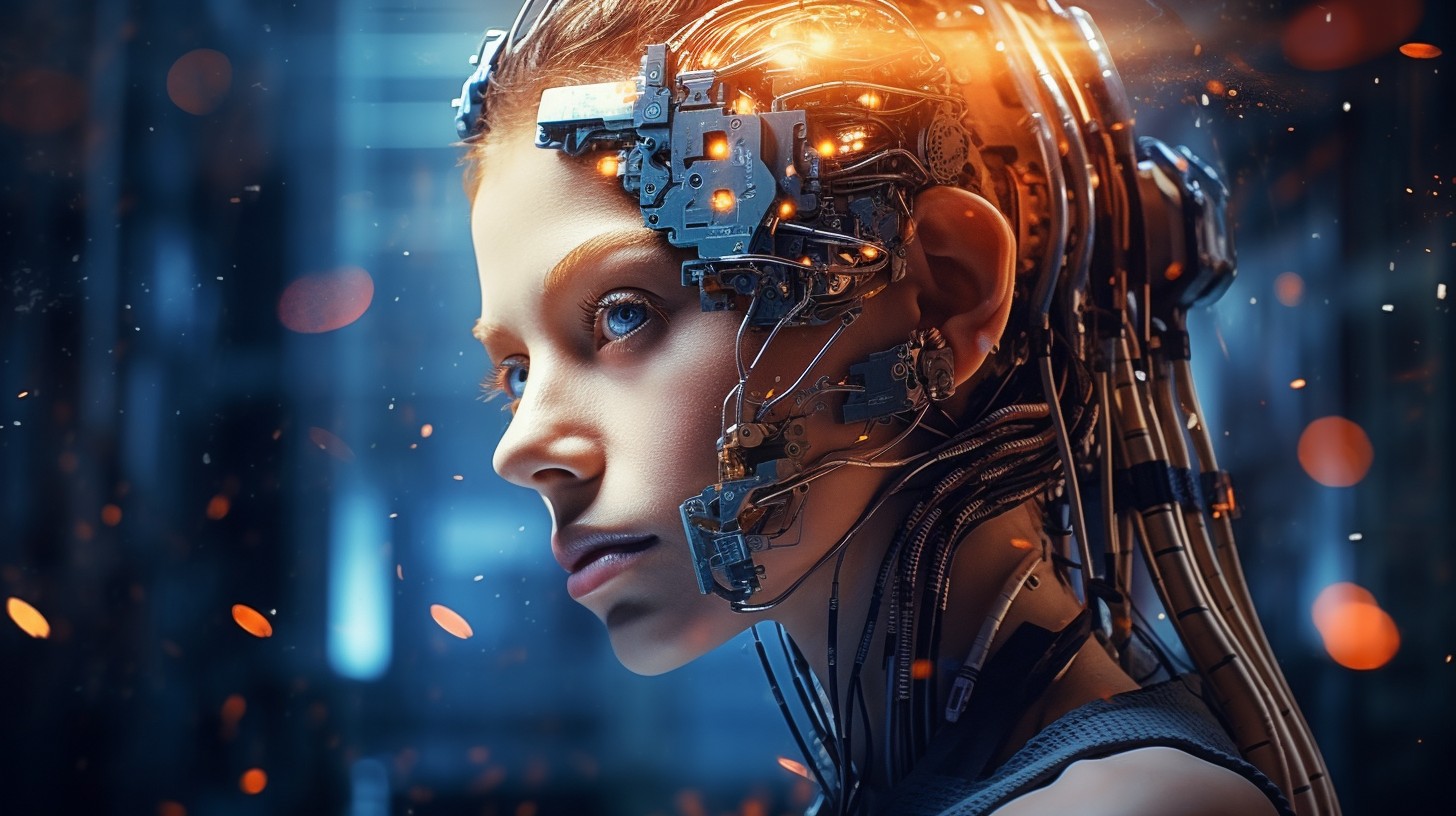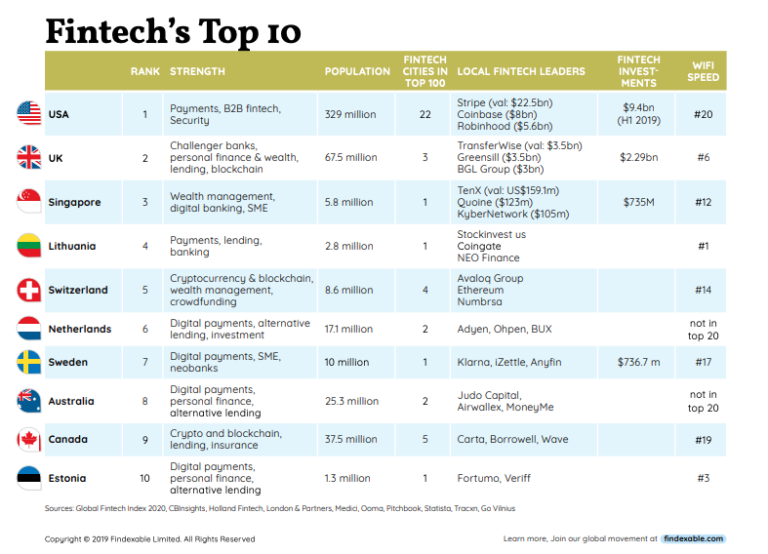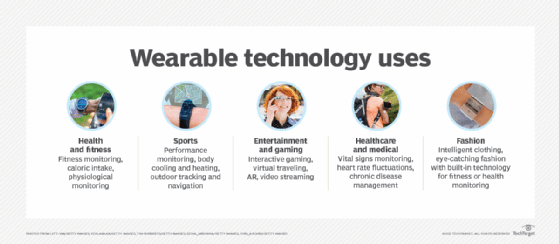Why AI Is The Biggest Threat?
AI (Artificial Intelligence) has become an increasingly important topic of discussion in the scientific and technological communities in recent years. As AI technology continues to evolve and become more powerful, it has the potential to bring both positive and negative consequences to humanity. While some believe that AI can be used to improve the quality of life for all, others argue that it could be a threat to our existence. AI is considered to be the biggest threat due to its potential to replace many jobs, its ability to learn and make decisions on its own, and its potential to become smarter than humans. AI could also challenge the notion of what it means to be human, and could have a negative impact on social and economic systems. As AI continues to develop, it is becoming increasingly important to weigh the potential risks and rewards of AI technology.
What Is AI?
AI (Artificial Intelligence) is a branch of computer science that deals with designing machines that can think and act like humans. It is a type of computer system that has the ability to learn from its environment and process data to generate insights that can be used to improve decision making. AI has been around for decades, but the rate of development and application of AI technology has increased exponentially in recent years. AI is becoming increasingly important in our lives, as it has the potential to revolutionize various industries, from healthcare to finance to automotive. AI can be used to automate and optimize various processes and operations, leading to increased efficiency and productivity. However, there is an increasing concern about the potential dangers of AI, as it could be used to manipulate people and cause disruption in the global economy. AI could be used for malicious purposes, such as surveillance and information control, or it could be used to create autonomous weapons systems. With its great potential, AI poses one of the biggest threats to mankind.
The Benefits of AI
AI technology is revolutionizing the way we do business. AI offers many advantages for businesses, from improved customer service to better decision making. AI can help automate processes and tasks, freeing up staff time to focus on more complex tasks. AI helps to lower costs and improve efficiency, by reducing the amount of manual labor and allowing businesses to better manage their resources. AI can also help to reduce customer wait times, improve customer service, and provide more accurate data. AI bots can monitor customer behavior and respond to inquiries quickly and accurately. AI can also help to identify patterns in customer data, allowing businesses to better understand their customers and make more informed decisions. AI can also be used to develop predictive analytics models, giving businesses an edge in the market. By harnessing the power of AI, businesses can gain a competitive edge and stay ahead of the curve. AI is quickly becoming the go-to technology for businesses looking to increase efficiency and reduce costs.
The Dangers of AI
The possibilities of artificial intelligence (AI) have been a hot topic of discussion for years. But now, as AI technology continues to advance, the potential risks have come to the forefront of the debate. AI presents a unique threat to the world because it can rapidly evolve and develop, and is capable of far more complex decision-making than humans. The potential applications of AI are wide-ranging, and can include anything from automating mundane tasks to replacing human workers. But, with its immense power comes the potential to wreak havoc on society.
At the most basic level, artificial intelligence could be used to take over jobs and reduce the need for human labor. This could lead to a significant shift in the global economy, with resulting social and economic impacts. Additionally, AI could be used by governments or corporations to manipulate or control populations, or to create surveillance systems that are capable of monitoring every aspect of a person’s life. Furthermore, AI could be used to create autonomous weapons that are capable of making decisions without human input.
The implications of AI are far-reaching and the potential risks are real. It is therefore important to consider the potential dangers associated with AI and to develop strategies and safeguards to mitigate them. Nevertheless, when used responsibly, AI could be a powerful tool that can be used to improve our lives and the world around us.

AI’s Potential Impact on Society
The potential impact of artificial intelligence (AI) on society can be far-reaching and devastating. AI has the potential to automate jobs, automate decisions, and even automate our lives. The implications of this technology are wide-reaching and could have a devastating impact on our way of life. AI can increase efficiency in certain jobs or tasks, but it can also lead to job loss or a decrease in wages for certain workers. AI is also capable of making decisions faster than humans, which could lead to poor decision-making and even lead to disastrous consequences. Additionally, AI can be used to manipulate public opinion and to influence our decisions, which could lead to a lack of personal autonomy. All these factors suggest that AI could have a negative impact on our lives. Therefore, it is essential to understand the potential implications of AI on our society and take steps to mitigate any potential risks.
How to Mitigate the Risks of AI
The rise of artificial intelligence (AI) has brought with it a range of risks, from data privacy to job automation. AI is quickly becoming a key factor in nearly all aspects of our lives, from healthcare to finance, and its potential to disrupt existing systems is undeniable. To make the most of AI’s potential, it is essential to mitigate the risks associated with it.
Firstly, it is important to ensure that AI solutions are designed and deployed responsibly. This means using best-practice approaches to data privacy, such as anonymizing data whenever possible, and ensuring that models are tested and validated before they are deployed. Additionally, organizations should develop processes for reviewing and monitoring AI solutions, to ensure that they are performing as expected and that any ethical issues are addressed.
Secondly, organizations should ensure that they have the right skills and resources in place to effectively manage AI. This means having a team that is knowledgeable about the technology, and that understands the implications of deploying AI solutions. Additionally, organizations should invest in AI literacy efforts, to ensure that their employees have the necessary knowledge and understanding to work with AI.
Finally, organizations should also consider the potential implications of AI on their business. AI can be used to automate jobs, which can have both positive and negative implications. Organizations should consider how they can use AI to improve their operations, while also taking into account how it may affect their workforce.
By taking a proactive approach to managing the risks associated with AI, organizations can make the most of its potential while minimizing the potential downsides. With the right strategies in place, AI can be a powerful tool for improving operations, enhancing customer experiences, and driving growth.
The Future of AI
Artificial Intelligence (AI) is rapidly becoming an integral part of our lives. AI technology has the potential to revolutionize the way we work, live, and interact with the world. But with this great power comes great responsibility. AI has the potential to do tremendous good, but it also has the potential to be used for malicious purposes. As AI continues to advance, it is important to consider the potential risks associated with it.
AI has the potential to be used in a variety of ways, from automating jobs that would otherwise be done by people to driving cars and making other decisions autonomously. It is also being used in a variety of industries, from healthcare to finance to robotics. But with the increasing use of AI come potential risks, such as privacy concerns, data security, and bias.
AI can also be used to manipulate data, creating biased and inaccurate models that could have significant implications for decision making. Additionally, AI could be used to target people or groups of people in malicious ways, whether it be through targeted advertising or malicious hacking.
As AI continues to advance, it is important to consider how it will be used, both for good and for bad. It is also important to consider the potential risks associated with AI, and to ensure that these risks are taken into consideration. As AI continues to become more prevalent in our lives, it is important to ensure that it is used responsibly and for the benefit of all.
FAQs About the Why AI Is The Biggest Threat?
Q1. What is the biggest threat posed by AI?
A1. The biggest threat posed by AI is the potential for it to become more powerful and intelligent than humans. This could lead to AI taking over jobs, making decisions, and even controlling things like autonomous weapons.
Q2. Is AI a threat to human existence?
A2. AI is not necessarily a threat to human existence, but it could have a negative impact on human life if it is not handled carefully. AI can be used for good or bad purposes, and its capabilities should be monitored closely.
Q3. How can AI be used for good?
A3. AI can be used for good in many ways. AI can be used to automate mundane tasks, help with decision-making, and create new products and services. AI can also be used to help with medical diagnosis, disaster relief, and other humanitarian efforts.
Conclusion
AI poses the biggest threat to humanity because of its potential to cause irreparable damage. AI can be programmed to perform tasks more efficiently than humans, and with this increased efficiency comes the risk of making decisions without fully understanding the consequences. This could lead to disastrous outcomes, including the loss of jobs, destruction of ecosystems, and even the creation of autonomous weapons. Additionally, AI is becoming increasingly difficult to control and regulate, raising further concerns about safety and security. Despite its potential benefits, AI has the potential to cause irreparable harm to humanity, making it the biggest threat which we must address.




